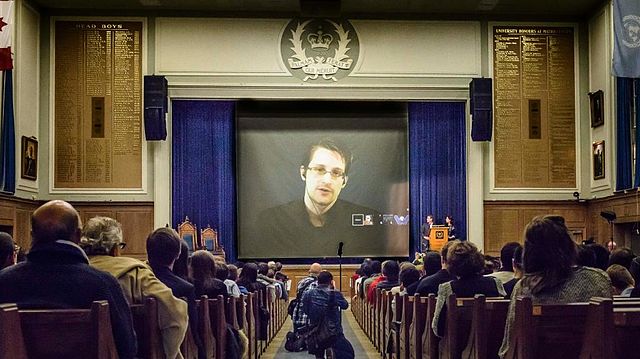As President Obama’s tenure as the Commander in Chief winds down, observers are beginning to wonder which, if any, of the highest profile information-leak cases of the past several years will end in a presidential pardon. Outgoing presidents have unlimited power to commute the sentences of people who have been sentenced for crimes committed. The power can be used conservatively as it has been most years when presidents step down from their posts. But it can also can cause chaos and controversy, which happened after President Bill Clinton granted last-minute clemency to such figures as Marc Rich, the fugitive financier, in 2001.

Obama has already declared that he does not want to cause disruption to the usual procedures, and is known for his desire to avoid controversy. Obama will most likely be commuting the sentences of non-violent drug offenders who were sentenced to long prison terms, as per the special initiative he already set up.
Four people outside these criteria, and who drew lots of attention by the media, have contacted Obama directly, asking for pardons. Those are: Edward Snowden, Chelsea Manning, James “Hoss” Cartwright, and John Kiriakou. All of them are involved in high-profile cases involving leaked information effecting national security.
“I think he’s going to announce a lot of names in the next few weeks. I don’t think any of them will be these big-name figures,” said Mark Osler, a law professor at the University of St. Thomas in Minneapolis. “This administration does have an aversion to high-profile cases generally.”
Although none of the four seem likely candidates for a presidential pardon, Manning has the best chance of receiving one. She has already served six years of a 35 year sentence, which, when it was handed down, shocked many for its severity of length, by far the longest given for a leak case.
Snowden’s exposure of data led to Congress passing and Obama signing law ending “bulk collection” practices by the NSA. Snowden has been in Russia ever since he leaked the secret documents which came into his hands as an analyst for the NSA. The administration has asked Snowden to return to the US and face trial, but the possibility of decades in prison if found guilty, and the fact that he would not be allowed to argue to a jury that his disclosures were in the public interest or exposed illegal activities, are keeping him from returning to the USA.
“I can’t pardon somebody who hasn’t gone before a court and presented themselves, so that’s not something that I would comment on at this point,” Obama said last month in an interview with the German magazine Der Spiegel. “I think that Mr. Snowden raised some legitimate concerns. How he did it was something that did not follow the procedures and practices of our intelligence community. If everybody took the approach that I make my own decisions about these issues, then it would be very hard to have an organized government or any kind of national security system.”


